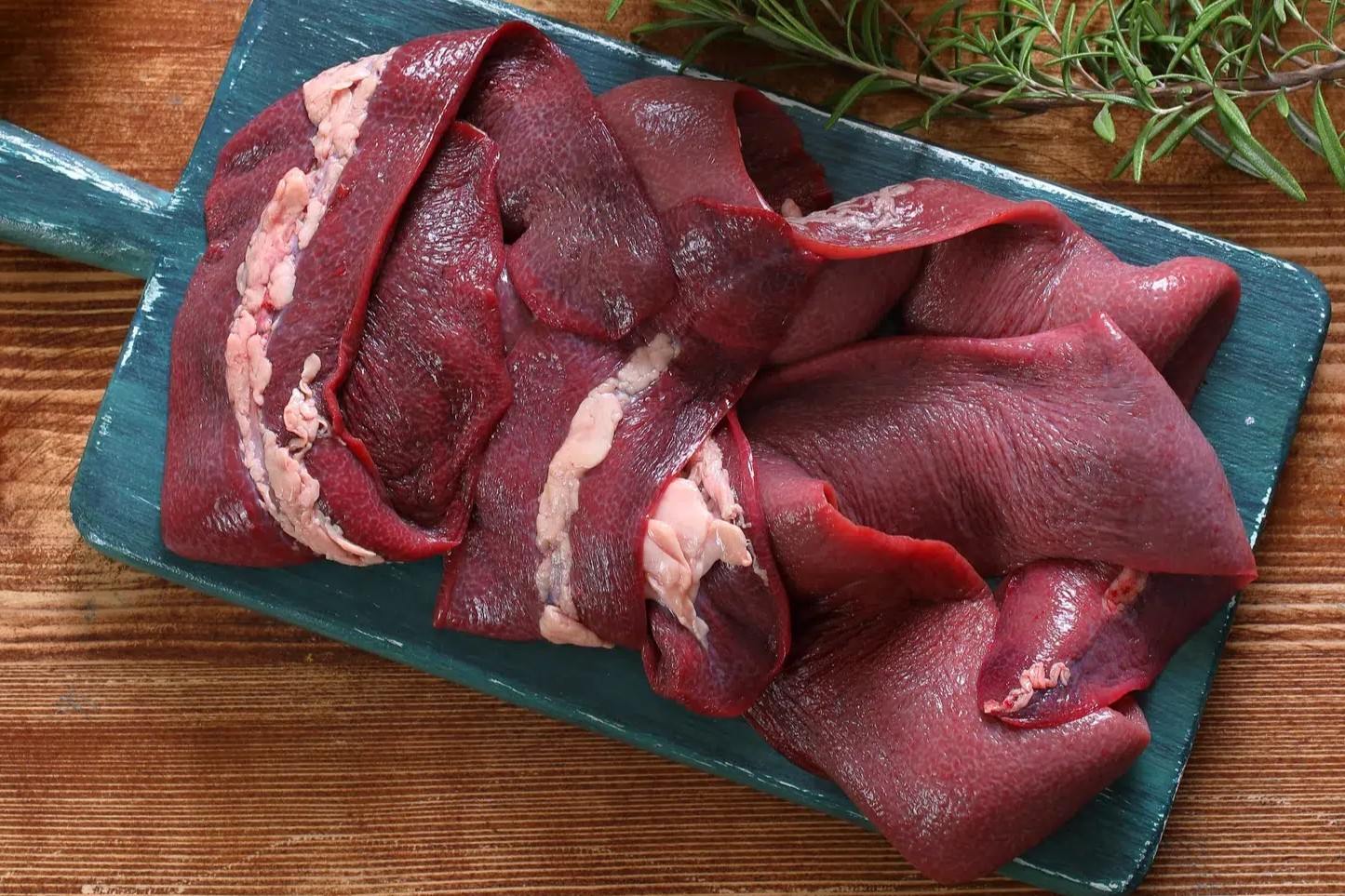
Beef spleen might not be the first thing that comes to mind when thinking about dinner, but this organ meat is packed with nutrients and has a rich history in various cuisines. Why should you consider adding beef spleen to your diet? Because it's a powerhouse of vitamins and minerals, especially iron and vitamin B12, which are crucial for maintaining energy levels and overall health. Plus, it's a versatile ingredient that can be used in stews, soups, and even grilled dishes. Whether you're an adventurous eater or just curious about new foods, learning more about beef spleen can open up a world of culinary possibilities. Let's dive into some fascinating facts about this underrated superfood!
What is Beef Spleen?
Beef spleen, often overlooked, is a nutrient-dense organ meat. It's packed with vitamins and minerals that can benefit your health in many ways. Let's dive into some fascinating facts about this unique meat.
-
Beef spleen is rich in iron, which helps combat anemia and boosts energy levels.
-
It contains high levels of vitamin B12, essential for nerve function and red blood cell formation.
-
This organ meat is a good source of protein, aiding in muscle repair and growth.
-
Beef spleen has a significant amount of zinc, which supports the immune system.
-
It provides selenium, a mineral that plays a crucial role in metabolism and thyroid function.
Nutritional Benefits of Beef Spleen
Beyond its basic nutrients, beef spleen offers several other health benefits. Its unique composition makes it a valuable addition to a balanced diet.
-
The spleen is low in fat, making it a lean protein option.
-
It contains coenzyme Q10, which supports heart health and energy production.
-
Beef spleen is a source of heme iron, which is more easily absorbed by the body compared to non-heme iron found in plant sources.
-
It has a high concentration of glycine, an amino acid that promotes healthy skin and joints.
-
The spleen contains significant amounts of vitamin C, which is rare for animal products and helps with iron absorption.
Culinary Uses of Beef Spleen
Beef spleen can be prepared in various ways, making it a versatile ingredient in the kitchen. Here are some interesting culinary facts.
-
In Italian cuisine, beef spleen is used in a traditional sandwich called "pani câ meusa."
-
It can be grilled, braised, or stewed, offering different textures and flavors.
-
Beef spleen is often used in sausages and pâtés, adding a rich, earthy taste.
-
In some cultures, it's used in soups and broths for its nutrient density.
-
The spleen can be marinated and stir-fried, making it a quick and nutritious meal option.
Historical and Cultural Significance
Beef spleen has been consumed for centuries and holds cultural significance in various parts of the world.
-
Ancient Egyptians considered the spleen a delicacy and believed it had medicinal properties.
-
In traditional Chinese medicine, beef spleen is thought to strengthen the digestive system.
-
It has been used in folk remedies to treat fatigue and improve vitality.
-
In some cultures, eating spleen is believed to enhance courage and bravery.
-
The spleen has been a staple in Mediterranean diets for its rich flavor and nutritional benefits.
Environmental Impact and Sustainability
Choosing beef spleen can also have positive environmental implications. Utilizing the whole animal reduces waste and promotes sustainable eating practices.
-
Consuming organ meats like the spleen supports the concept of nose-to-tail eating, which is more sustainable.
-
It helps reduce food waste by using parts of the animal that might otherwise be discarded.
-
Beef spleen is often sourced from grass-fed cattle, which have a lower environmental impact compared to grain-fed cattle.
-
By eating organ meats, consumers can support local farmers who practice sustainable farming methods.
-
Incorporating beef spleen into your diet can contribute to a more balanced and environmentally friendly approach to meat consumption.
Beef Spleen: A Nutrient Powerhouse
Beef spleen packs a punch when it comes to nutrition. Loaded with iron, vitamin B12, and protein, it’s a great addition to any diet. This organ meat supports immune function, energy levels, and muscle growth. Plus, it’s often more affordable than other cuts of beef, making it a budget-friendly option.
Cooking beef spleen might seem tricky, but with the right recipes, it can be delicious. Whether you’re grilling, frying, or stewing, there are plenty of ways to enjoy this nutrient-rich food.
Don’t overlook beef spleen next time you’re at the butcher. Give it a try and see how it can benefit your health. From boosting your iron intake to adding variety to your meals, beef spleen is worth a spot on your plate. Happy cooking!
Was this page helpful?
Our commitment to delivering trustworthy and engaging content is at the heart of what we do. Each fact on our site is contributed by real users like you, bringing a wealth of diverse insights and information. To ensure the highest standards of accuracy and reliability, our dedicated editors meticulously review each submission. This process guarantees that the facts we share are not only fascinating but also credible. Trust in our commitment to quality and authenticity as you explore and learn with us.
